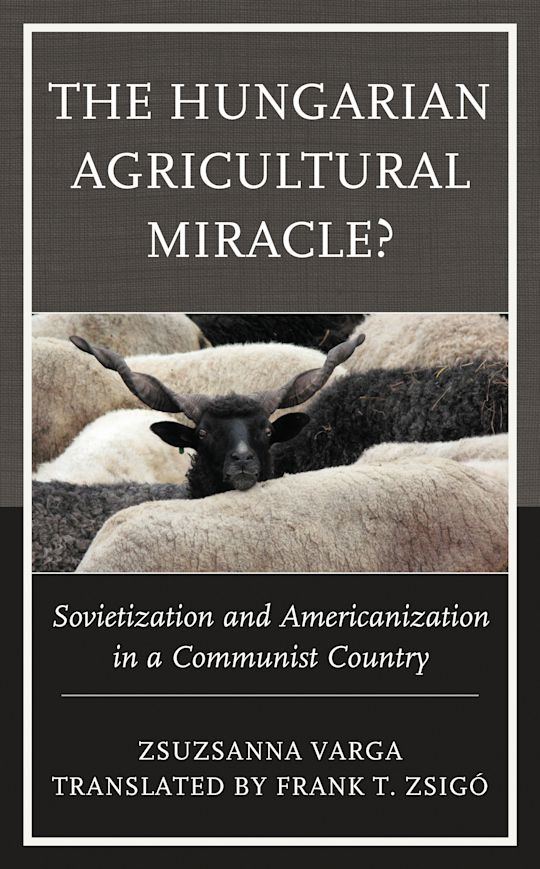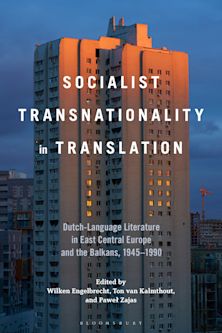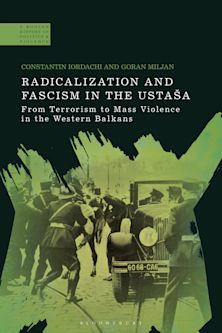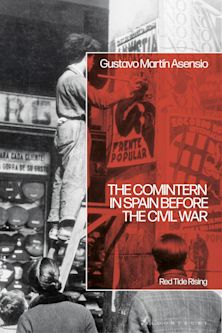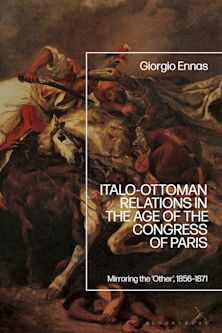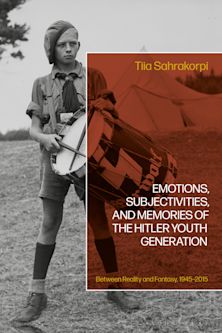- Home
- ACADEMIC
- History
- European History
- The Hungarian Agricultural Miracle?
The Hungarian Agricultural Miracle?
Sovietization and Americanization in a Communist Country
The Hungarian Agricultural Miracle?
Sovietization and Americanization in a Communist Country
This product is usually dispatched within 3 days
- Delivery and returns info
-
Free CA delivery on orders $40 or over
You must sign in to add this item to your wishlist. Please sign in or create an account
Description
This book examines Soviet agriculture in post-1945 Hungary. It demonstrates how the agrarian lobby, a development following the 1956 revolution, led to contact with the West which allowed for the creation of an effective agricultural system. The author argues that this ‘Hungarian agricultural miracle,’ a hybrid of American technology and Soviet structures, was fundamental to the success of Hungarian collectivization.
Table of Contents
Chapter 2: Transplanting the Soviet Model-The First Attempt for Collectivization
Chapter 3: Retrenchment to Private Farming-Twice
Chapter 4: The Final Drive for Collectivization
Chapter 5: Convergence or Divergence?
Chapter 6: American Model Transfer
Chapter 7: Contextualizing the “Hungarian Agricultural Miracle”
Product details
| Published | Aug 18 2022 |
|---|---|
| Format | Paperback |
| Edition | 1st |
| Extent | 354 |
| ISBN | 9781793634375 |
| Imprint | Lexington Books |
| Dimensions | 228 x 152 mm |
| Series | The Harvard Cold War Studies Book Series |
| Publisher | Bloomsbury Publishing |
About the contributors
Reviews
-
Zsuzsanna Varga’s book, which is built on decades-long archival and oral history research, is essential reading for any scholar interested not only in the specific Hungarian variant of state socialism but also in how to write from a postrevisionist angle.
Europe-Asia Studies
-
This is a masterly account by the pre-eminent historian of socialist agriculture in Hungary. Zsuzsanna Varga has deftly combined a study of transnational relations influencing the course of collective agriculture in Hungary with a novel reinterpretation of the history of the New Economic Mechanism in 1968. Varga rewrites the standard account by illustrating how political machinations and strategic compromises within the party state enabled officials to benefit from extensive international connections, connections that bolstered expertise, improved technology, and that helped to create a unique configuration of enterprise diversity and a dynamic symbiosis between collective and private agricultural production.
Martha Lampland, University of California at San Diego
-
This is essential reading for those wishing to understand the mechanics of real-world socialism. Commentators on Kádár’s Hungary are familiar with its ‘agrarian lobby’ and abundant food supply, but the precise ‘who’ and ‘how’ remained obscure. Zsuzsanna Varga uses previously closed archives to illuminate Hungary’s challenge to Soviet orthodoxy. It is a story of grassroots initiatives, political mobilizations, organizational restructurings, and international technology transfers. Varga reveals how economic models can be adapted successfully to countries with very different political and property-ownership systems. Political principles were not so much abandoned as subjected to the pragmatic test of putting food on the table.
Nigel Swain, University of Liverpool
-
Zsuzsanna Varga has produced a comprehensive account of collectivization and agriculture in Soviet Hungary placed within the context of transnational comparison. The Sovietization followed by the Americanization of agricultural structures produced a hybrid system of agriculture in Hungary, whose development was shaped by knowledge transfers as well as the political and international context. This thorough and original account is based on meticulous research, keen analysis, and wide-ranging knowledge of collectivization in the Soviet Union and Eastern Europe.
Lynne Viola, University of Toronto
-
Zsuzsanna Varga’s groundbreaking work—an examination of the Americanization of Hungary’s Stalinist agricultural system in the aftermath of the failed revolution of 1956—attests to the importance of the transfer of knowledge and know-how in the Cold War, as well as to the implicit recognition by the country’s communist administration of the superiority of the capitalist mode of production, the triumph of Adam Smith over Karl Marx. On the basis of primary documents, Varga traces the complex dynamics of economic Westernization and demonstrates that, in Hungary, the gradual dismantling and transformation of the decrepit central command economy began long before 1989.
László Borhi, Indiana University
-
Zsuzsanna Varga’s monograph is based on stunningly extensive original research and innovative methodology, which makes her highly professional and thorough contribution a must-read volume for experts as well as for any engaged readers of Hungarian contemporary historical works.
Hungarian Studies Review

ONLINE RESOURCES
Bloomsbury Collections
This book is available on Bloomsbury Collections where your library has access.









